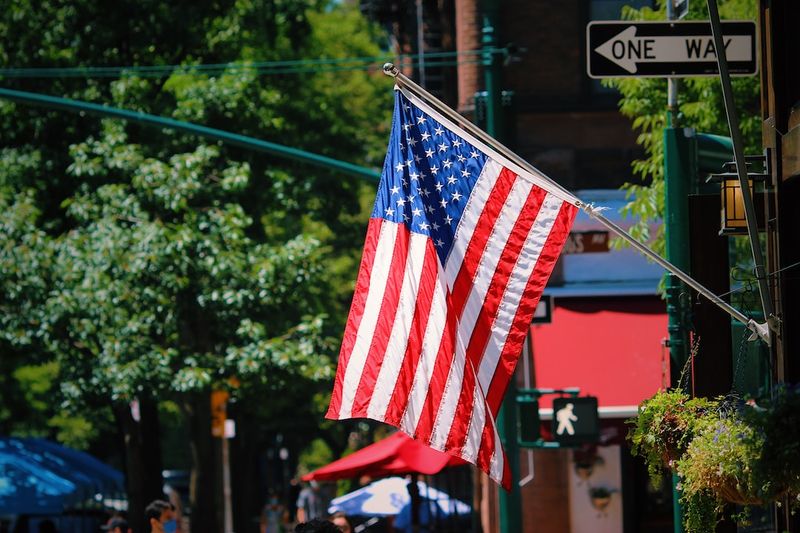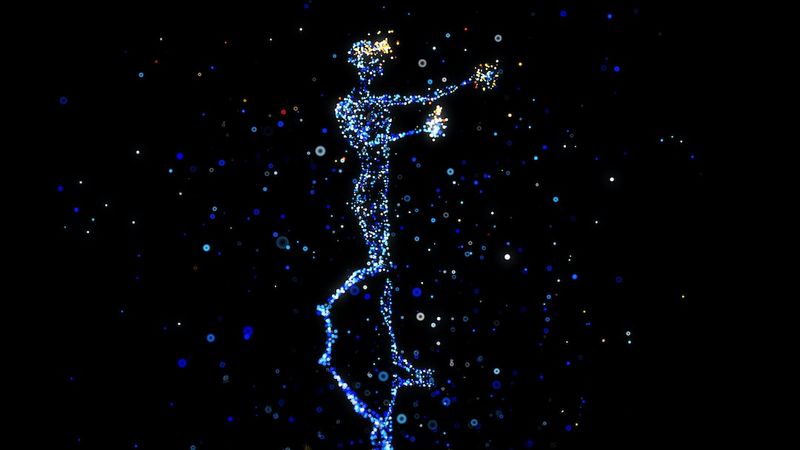The Tangled Roots of Memorial Day and Why It’s Celebrated
With Memorial Day weekend being among the busiest for travel in the United States and the unofficial start of summer, many Americans celebrate the day with cookouts, beach trips and auto races. However, it is important to remember that Memorial Day, held on the last Monday of May, serves as a day of remembrance and honor for America’s war dead. The holiday has a significant history dating back to the Civil War, as Americans
Honoring the Civil War Dead
The holiday was created post-Civil War as Americans – Northern, Southern, Black and White – grappled with how to honor the staggering numbers of dead soldiers, at least 2 percent of the U.S. population at the time. Although several places lay claim to being the origin of Memorial Day, one of the earliest accounts comes from Boalsburg, Pennsylvania, where, in October, 1864, three women are said to have placed flowers and wreaths on the graves of men who had died serving the Union during the Civil War.
In May 1865, just after the war ended, a large procession was held in the ruined city of Charleston, South Carolina. Thousands of Black Americans, many of whom had been enslaved until the city was liberated just months earlier, commemorated the lives of Union captives buried in a mass grave at a former racecourse. The service was led by some 3,000 schoolchildren carrying roses and singing the Union marching song “John Brown’s Body.” Hundreds of women followed with baskets of flowers, wreaths and crosses, according to historical accounts. Cities in the North and South began honoring their war dead. In May 1866, Waterloo, NY, was decorated with flags at half-staff, “draped with evergreens and mourning black,” as stated by the community.
What’s in a Name?
Whatever its inception, historians agree that the first widely held commemoration was in 1868, when Gen. John A. Logan, the commander-in-chief of the Grand Army of the Republic, an organization of Union veterans, called for a national holiday to remember the Civil War dead. May 30, he wrote in an order, should be “designated for the purpose of strewing with flowers or otherwise decorating the graves of comrades who died in defense of their country.”
The commemoration was widely referred to as “Decoration Day,” originally honoring Civil War soldiers, but as it evolved to honor all troops who died while serving the country, Americans began referring to the observance as “Memorial Day”. Congress formally changed the commemoration’s name in 1967. A few years later, the government decreed that Memorial Day should occur not on May 30 but on the last Monday of that month, as part of a broader effort to create three-day weekends, which gave people an opportunity to gather.
What about Veterans Day?
Veterans Day, observed annually on Nov. 11, was originally called Armistice Day, marking the end of World War I in 1918. The holiday was first commemorated in the United States in 1919 but was broadened in the 1950s to include all veterans. Both holidays honor those who have served the country, and the way they are commemorated may seem similar. Even though Memorial Day evolved, it remains a day to honor the nation’s war dead whereas Veterans Day honors all who served (not just those who died in service).
A Contested History:
The true origins of Memorial Day remain unclear and are contested after almost 160 years since the end of the American Civil War. The holiday’s Black history has not been universally accepted in the commemoration. In 2021, a veteran who had tried to credit Black Americans was silenced during an American Legion service in Hudson, Ohio. According to David W. Blight, a historian at Yale University and expert on the evolution of the holiday, white Southerners used Memorial Day to uphold their Lost Cause mythology, a structure of beliefs that reject the notion that the rebellion committed to slavery for noble reasons.
The way Frederick Douglass, a freed slave, believed the Civil War should be remembered is most famously known from a speech he made on Memorial Day in 1871. At Arlington National Cemetery, Douglass challenged the popular view of honoring both Union and Confederate war dead; he stated that victory to the rebellion meant death to the Republic. Hence, Americans need to remember that loyal soldiers have flung themselves between the nation and the nation’s destroyers.
Editorial and Advice
Memorial Day is more than just a day off or the start of summer. Americans could make an effort to know and appreciate the history behind the commemoration of the holiday, remembering that Memorial Day is a day of remembrance for the sacrifices made by military members for the nation.
Americans should also reckon with the contested Black history of Memorial Day. Contending with past atrocities is vital to understanding the present. Recognizing the history of Americans who made the ultimate sacrifice in different wars, particularly Black American soldiers who served despite unequal treatment, is particularly important.
The nation is currently facing challenges in reconciling its racist past. To take a step forward from the past, the country needs to face history head-on: to acknowledge where it’s come from, where it is, and where it’s going. Therefore, this Memorial Day, Americans could take a moment to remember the nation’s war dead and contemplate their stories, mindful of the diverse perspectives and experiences across racial and ethnic lines.

<< photo by Jon Tyson >>
You might want to read !
- The Implications of DeAndre Hopkins’ Release from the Cardinals
- Can the Celtics’ Derrick White trade gamble pay off in historic fashion against the Heat?
- The Economic and Religious Implications of Billionaire Steve Green’s Purchase of the Schøyen Collection Discussed by Rabbi Sacks.
- Memorial Day Reflections from a Colorado Springs Air Force Family
- “How Milwaukee honors fallen heroes on Memorial Day: A guide to the city’s celebrations”
- Exploring Opportunities: Memorial Day Deals You Don’t Want to Miss on Amazon
- The Controversy Surrounding Roger Waters’ Use of Anne Frank’s Name: Potential Legal Ramifications
- “Why Heidi Klum’s Cutout Yellow Dress is More Than Just a Cannes Fashion Statement”
- “Remembering the Vibrant Life and Career of Voice Actress Samantha Weinstein, Voice of Carrie, Who Passed Away at 28”
- Exploring Fun and Engaging Ways to Teach Kids about Shavuot | Detroit Jewish News
- How Seattle’s New Machine Learning ETF Is Shaping Long-Term Investment
- The Challenge of Naming Humans: Khloe Kardashian Reveals Her Newborn Son’s Name




